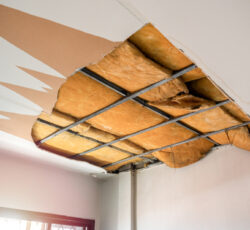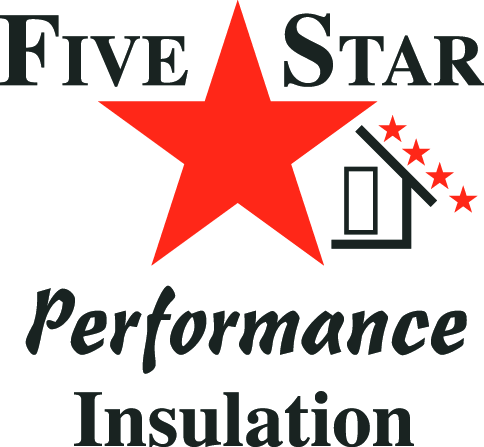 What Type Of Insulation Is Best For Attics?
What Type Of Insulation Is Best For Attics?
As the temperatures fluctuate throughout the year, your home’s insulation plays a crucial role in keeping it comfortable and energy-efficient. In particular, your attic insulation is essential to maintaining your home’s temperature and reducing your energy bills. But with so many insulation options available, it can be challenging to know which one is right for your attic. In this post, we will discuss the different types of insulation and help you choose the best one for your attic.
Fiberglass Insulation
Fiberglass insulation is one of the most common types of attic insulation. It is made of glass fibers and is available in batts or blown-in form. Fiberglass insulation is relatively inexpensive and widely available, making it a popular option among homeowners.
Pros
• Fiberglass insulation is fire-resistant, which makes it a safer option for your home.
• It can help reduce your energy bills and keep your home comfortable by preventing heat loss or gain.
Cons
• It can be challenging to install fiberglass insulation correctly, requiring professional installation.
• Over time, fiberglass insulation settles, losing its insulating properties.
Cellulose Insulation
Cellulose insulation is made of recycled paper, cardboard, or other materials. It’s blown into your attic with a specialized machine, creating a thermal barrier that keeps the heat inside your home.
Pros
• It’s environmentally friendly, as it’s made from recycled materials.
• It’s a good option for insulating irregular spaces, such as attics with unique shapes.
Cons
• It can be more expensive than fiberglass insulation.
• It’s not fire-resistant, so it’s not recommended for use in areas that might be exposed to fire.
Spray Foam Insulation
Spray foam insulation is a popular option because of its unique properties. It expands to fill every crack and crevice, creating a barrier that keeps the heat inside your home. It’s available in open-cell or closed-cell form.
Pros
• It’s the most effective type of insulation, providing the highest R-value per inch.
• It can prevent drafts, insects, and pests from entering your attic space.
Cons
• It’s more expensive than other types of insulation.
• It requires professional installation, which can be costly.
Radiant Barrier Insulation
Radiant barrier insulation is made of reflective materials, such as aluminum foil. It reflects heat away from the attic, keeping it cooler in the summer. It is installed by fixing the barrier to the underside of the roof.
Pros
• It’s a good option for warmer climates where the attic temperature can get very high.
• It’s easy to install and doesn’t need additional insulation.
Cons
• It’s not as effective in colder climates as other types of insulation.
• It’s not always necessary for every attic and may not be a cost-effective option for some homeowners.
Conclusion
When it comes to choosing the best insulation for your attic, it’s essential to consider several factors. The insulation type should depend on your local climate, the design of your attic, and your budget. Regardless of the type of insulation you choose, it is crucial to work with a professional to ensure that the insulation is installed correctly. Proper installation can make a significant difference in the effectiveness of your insulation.
If you’re looking for an insulation type that’s affordable and readily available, fiberglass insulation might be the best option. If you want an eco-friendly option, cellulose insulation is a good choice. For the most effective insulation option with the highest R-value, spray foam insulation is the best option. Finally, radiant barrier insulation is a good option if you live in a warmer climate and want to keep your attic cooler.
There are various factors to consider when choosing the best attic insulation, and each option has its pros and cons. Ultimately, the insulation type you choose will depend on your specific needs, preferences, and budget. Talk to a professional insulation installer to help you make the right choice for your home.
